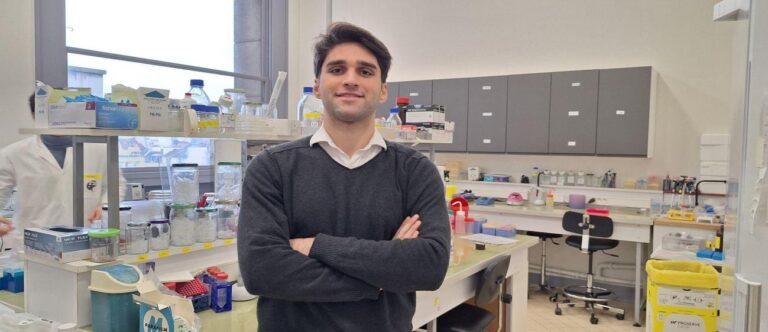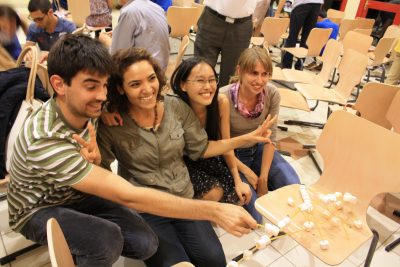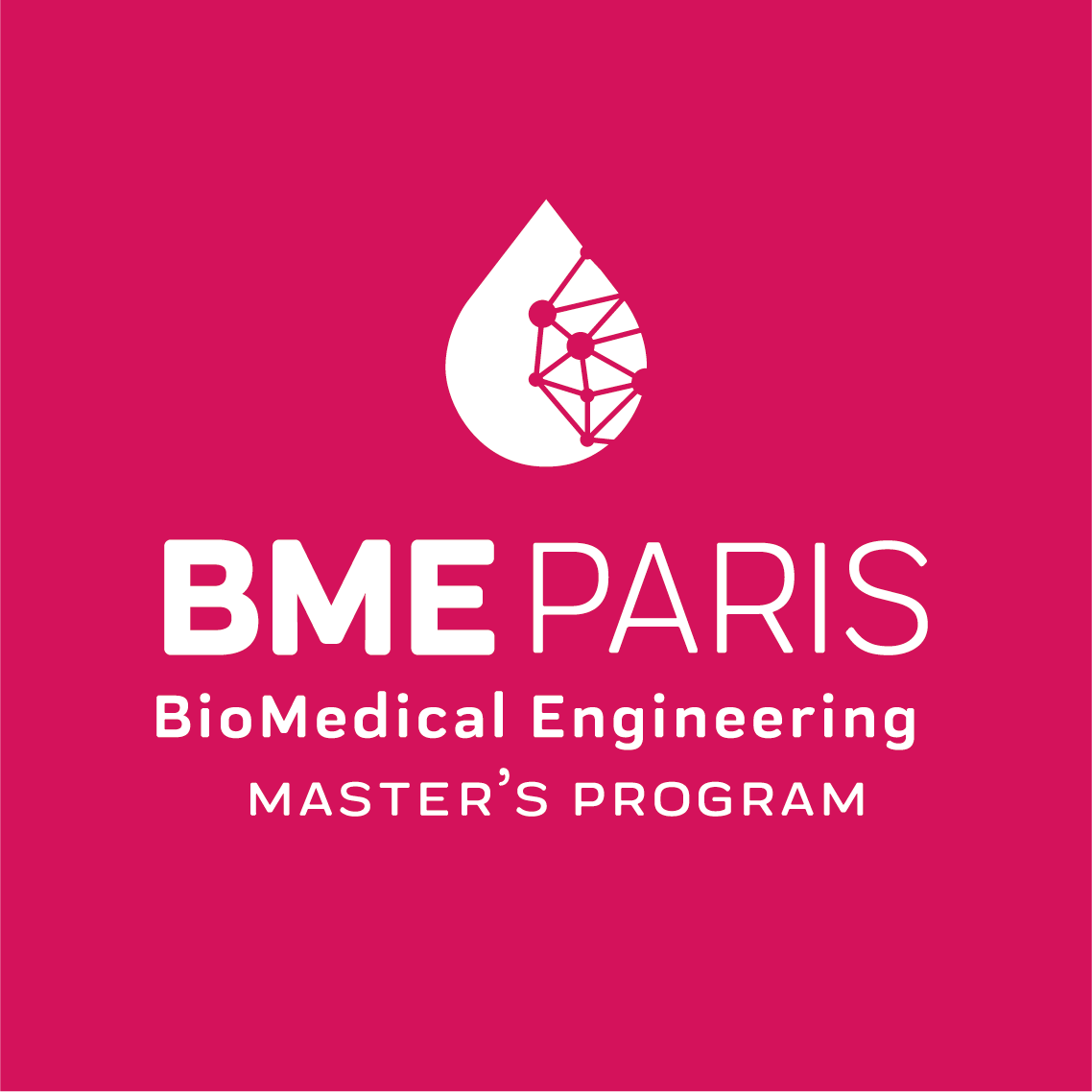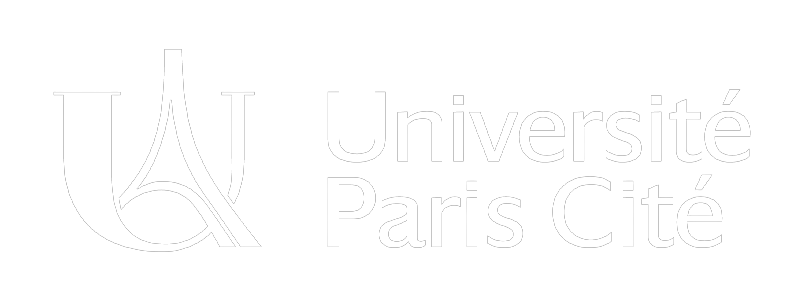It is Now: Unlocking the Future of Neuroengineering

Anthony Rahme explores how new technologies in biology can take us from human brains to computer power in this BME program track he chose.
Growing up in Lebanon, I was always fascinated by science and engineering. With a natural curiosity for how things work, I found myself drawn to both chemistry and science, seeing them as key fields that could shape the future of healthcare and sustainability. When I pursued my bachelor’s degree in chemical engineering, I developed a strong foundation in industrial processes, but I soon realized I wanted to apply my knowledge to the biomedical field. This realization led me to pursue a dual master’s degree in Biotechnology and Circular Economy in France, a program that combined my passion for innovation with my drive to solve real-world problems. My professional objectives were beyond basic fundamentals in biotechnology; I wanted something bigger, more impactful to humankind. So, I wanted to understand how biomedical technologies are actually designed and brought to life. I was interested in healthcare applications but also in the business and engineering aspects behind them.
To bridge this gap, I enrolled in the BME Paris master’s program specializing in Neurotechnology and Artificial Intelligence. This program gave me hands-on exposure to innovative fields like brain-computer interfaces, AI-driven diagnostics, and medical imaging. While studying, I worked on projects involving simulation tools like MATLAB and explored the potential of AI for medical decision-making. I also started developing ideas for startups and consulting, seeing a future where I could help bridge the gap between research, and entrepreneurship. At the same time, I had a great opportunity to get practical experience for a semester in the Neuro-Biotechnology lab where I interned on live dreaming projection! Being part of this program meant interacting with students from diverse backgrounds, some with engineering expertise, others from medical or business disciplines. That mix of perspectives made discussions and group projects dynamic.
After the BME program, I am launching my own startup in Lebanon, dedicated to neuroimaging of dreams. My goal is to bridge the gap between neuroscience, AI, and biomedical engineering to develop cutting-edge technology that can decode and analyze dream activity. This project not only aligns with my passion for biomedical innovation but also has the potential to revolutionize mental health, cognitive research, and brain-computer interfaces in Lebanon and hopefully beyond.
My final thoughts were the following: “This program has given me the mindset of both a scientist and an entrepreneur. It’s not just about understanding technology, but also about knowing how to translate research into real-world impact.





